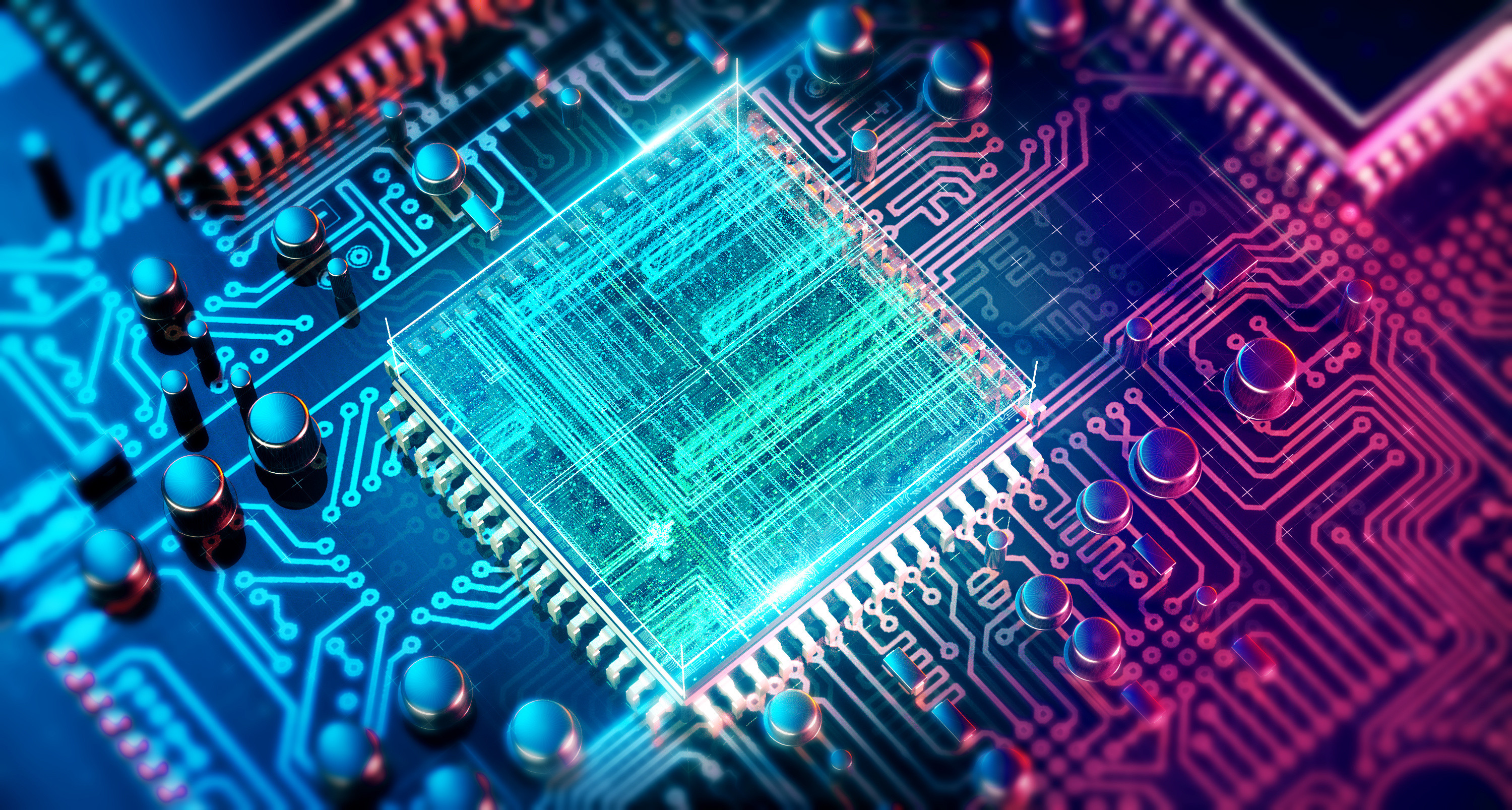Computing Curriculum
Computing Curriculum (Herne Junior School)
Intent:
At our school we want pupils to be MASTERS of technology and not slaves to it. Technology is everywhere and will play a pivotal part in their lives. Therefore, we want to model and educate our pupils about how to use technology positively, responsibly and safely. The content allows for a broad, deep understanding of computing and offers a range of opportunities for consolidation, challenge and variety.
Through our curriculum, we want the children to develop the skills needed for lifelong learning. We want our pupils to develop analytical problem-solving skills and learn to evaluate and apply information technology and their knowledge creatively. By the end of Key Stage 2 we would like our children to have the independence and confidence to choose the best tool to fulfil the task.
Our curriculum at Herne will aim to develop children who are…
- Confident with complexity
- Persistent problem solvers
- Tolerant of ambiguity
- Confident with open ended problems
- Able to adapt solutions to solve new problems
- Good communicators and collaborators
- Evaluators
Implementation:
The core of computing is computer science, in which our pupils are taught the principles of information and computation, how digital systems work and how to put this knowledge to use through programming. Building on this knowledge and understanding, our pupils are equipped to use information technology to create programs, systems and a range of content. Computing also ensures that our pupils become digitally literate – that is, that they are able to use, and express themselves and develop their ideas through, information and communication technology – at a level suitable for the future workplace and as active participants in a digital world.
The curriculum is taught through six core strands: Programming, World Wide Web, Word Processing, Data, Digital Creativity and Online Safety. Each year group will complete units in each of these areas.
Year 3 – Introduction to Scratch, Searching Skills, Microsoft Word, Charts and Pictograms and Music Making.
Year 4 – Scratch - Count-Controlled and Infinite loops, Computer Networks and the Internet, Advanced Word, Simple Excel and Photo Editing
Year 5 – Scratch – Selection, Blogs and e-mails, PowerPoint, Databases and Animation.
Year 6 – Scratch – Animated stories, HTML/Websites, PowerPoint vs Prezi, Advanced Excel, Green Screen Movies.
Impact:
Learning in computing will be enjoyed across the school. When children leave Herne Junior School, they will be able to use digital and technological vocabulary accurately, be confident in the basic principles of programming and have an understanding of how the World Wide Web works. They will be confident using a range of hardware and software and will produce high-quality purposeful products. The children will see the digital world as part of their world, extending beyond school, and understand that they have choices to make. They will be confident and respectful digital citizens going on to lead happy and healthy digital lives equipped with the skills for lifelong learning.
“Let’s go invent tomorrow instead of worrying about what happened yesterday.”
Steve Jobs








